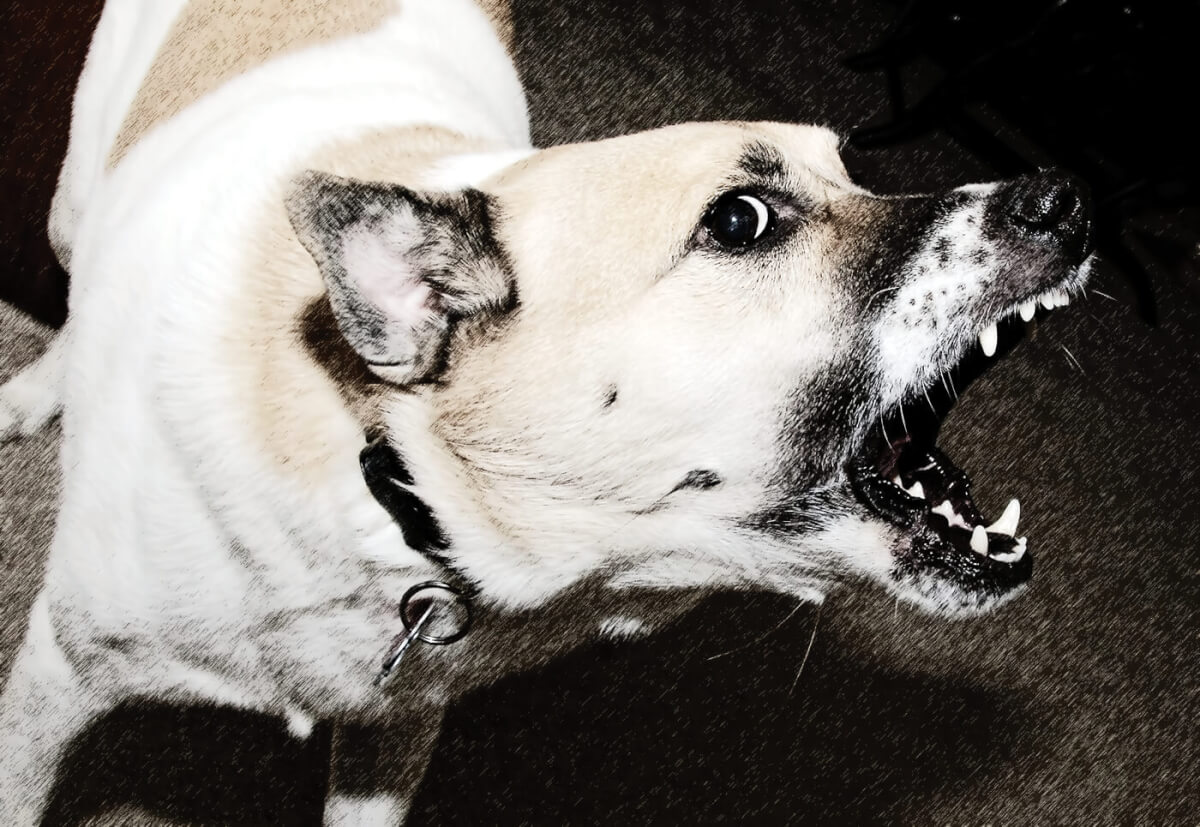Animal bites may not be the first thing on your mind in a survival situation, but they are a constant threat and pose a serious risk to health and safety.
Whether you are bitten by a woodland creature or someone’s family pet, an animal bite is a dangerous injury that must be treated properly—and without hesitation. Anyone who is serious about survival should have a basic understanding of how to treat animal bites.
Common Bites
The most common animal bites come from pets, especially dogs. Cat bites are less common, but pose a greater risk for infection, as a cat’s teeth are typically longer and sharper and thus able to puncture the skin more deeply than dog’s teeth. Small wild animals such as skunks or raccoons are a common source of bites, with the number of those bitten by these animals typically running into the thousands each year.

Should a person find himself in the situation of getting a minor bite that produces blood, the immediate reaction should be to stop the bleeding. Applying pressure directly to the area on the skin where the bite occurred can accomplish this. Take a cloth and press down on the skin until the bleeding stops. If the bleeding does not cease, contact emergency services immediately if possible.
This is the time to judge the severity of the bite and decide whether or not the victim of the bite needs emergency care. If the bleeding cannot be stopped with ten minutes of firm pressure, if the bleeding is severe, or if blood spurts from the wound, the victim needs professional medical assistance. Call 911 if possible.
After stopping the bleeding, wash out the bite with warm water and soap. Apply an antibiotic lotion before covering the wound with a sterile bandage.
Both Benadryl and calamine lotion act as antihistamines that reduce itching for minor skin irritations. In the case of animal bites, they can reduce the discomfort brought on by the irritation on the skin. However, before using Benadryl or calamine lotion, be sure to be aware of any allergies the bite victim may have and consult a doctor if you are unsure about using either. If the victim has an allergy, using Benadryl or calamine lotion could potentially make the injury worse, or even bring on unwanted side effects.

Regardless of the intensity of the bite, it’s important to seek professional medical attention as soon as possible after having been bitten. Remember, the severity of a bite may go beyond the bite itself; animals may be carrying rabies or other diseases. And despite the best efforts to clean and disinfect, bites can become infected. Even if a bite appears minor, you should always follow up and follow through with a visit to the doctor.
Many of us have seen Snakes on a Plane and have an extreme fear of snakes, yet many of us don’t know any treatment we should perform should we ever be unfortunate enough to be bitten by one.
According to the Mayo Clinic, most North American snakes are not poisonous, and to prevent being bitten by a snake, try to avoid touching it. Many snakes shun people altogether unless they feel threatened. However, if you or someone you know does get bit by a snake:

- Remain calm.
- Immobilize the part of your body that has been bitten.
- Position yourself so the bite is below the level of your heart.
- Cleanse the wound, but do not flush with water.
- Cover it with a dry dressing.
- Apply a splint to reduce movement of the area, but do not use a tourniquet.
- Do not cut the wound or attempt to remove the venom.
- Do not drink caffeine or alcohol.
- Call 911 or seek professional help immediately
Editor’s note: A version of this article first appeared in the November 2014 print issue of American Survival Guide.


